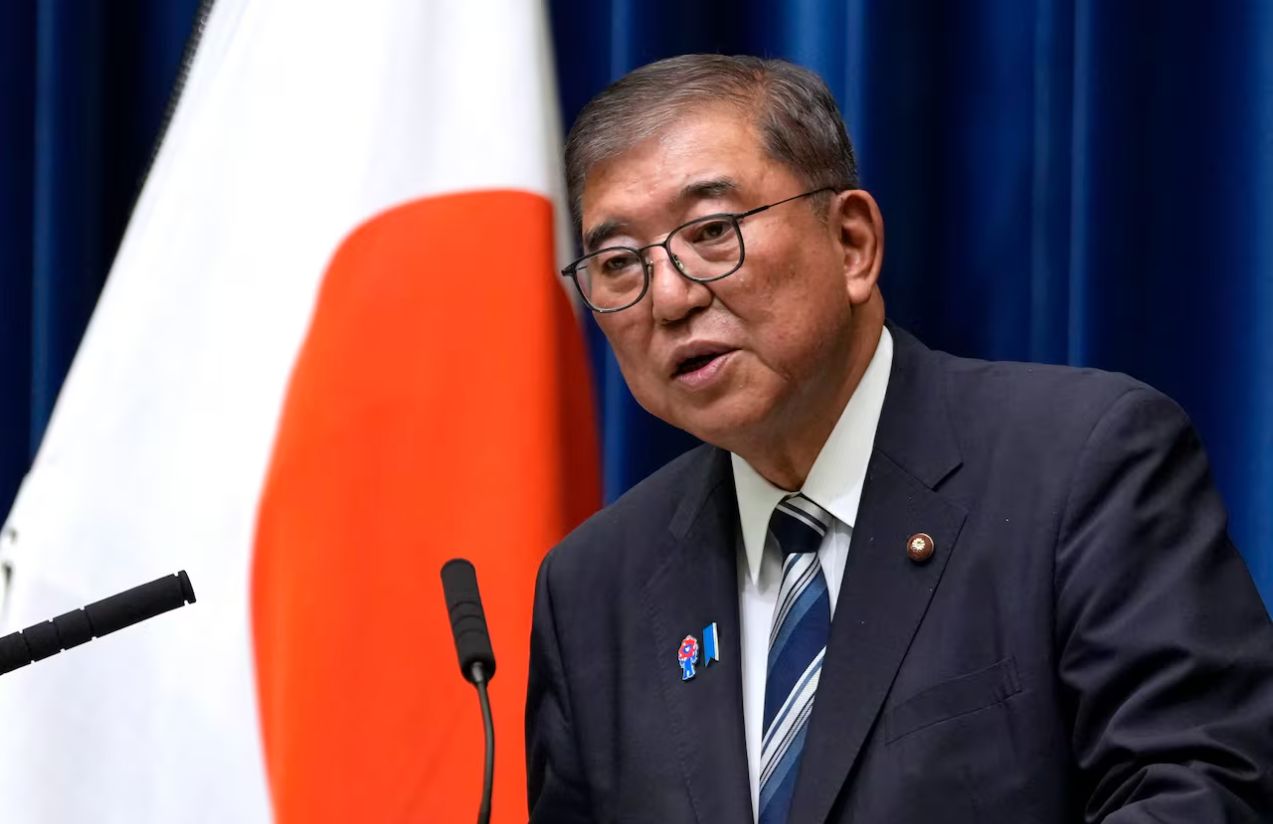Japan’s Prime Minister, Shigeru Ishiba, announced his resignation on Sunday after a series of electoral defeats left the ruling Liberal Democratic Party (LDP) without a majority in both chambers of Parliament. Ishiba, who took office in October 2024, stated that his resignation was necessary to take responsibility for the failure and to prevent internal fractures within the party.
Although his tenure was brief, less than a year, Ishiba’s departure came right after he secured a deal to lower U.S. tariffs to 15%, a negotiation he described as “a national milestone” and the “right moment” to pass the baton.
His resignation ushers in a period of high political uncertainty. A fierce contest is already shaping up within the LDP to choose his successor. Among the main contenders are Sanae Takaichi, who could become the first woman to assume the role, Shinjiro Koizumi, known for his youth and media appeal, and veterans such as Toshimitsu Motegi and Yoshimasa Hayashi.
Why does this change mark such a critical moment for Japan?
Because it comes at a time when governance is under strain: the loss of parliamentary majorities and growing economic fragility mean the new leadership will face the urgent challenge of restoring stability, building alliances, and relaunching a durable reform agenda.

